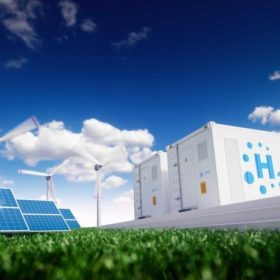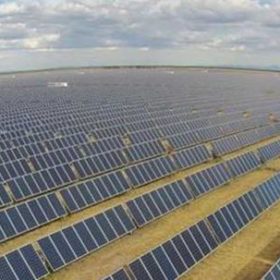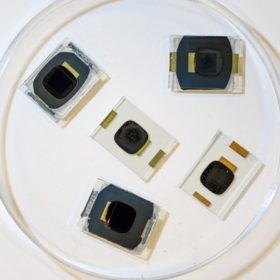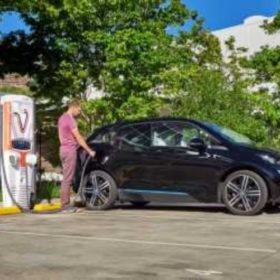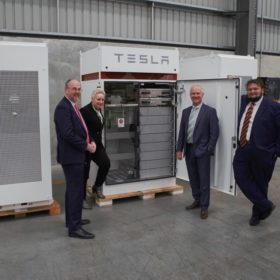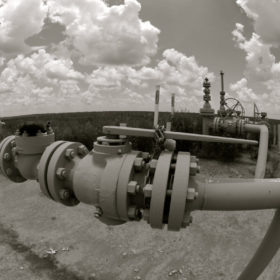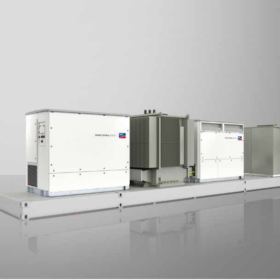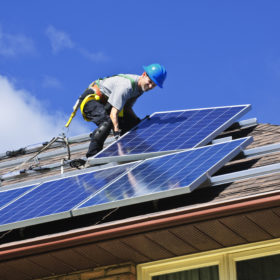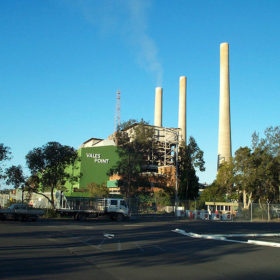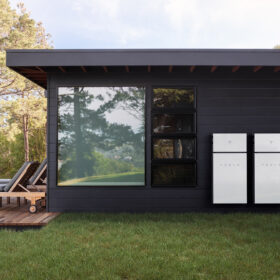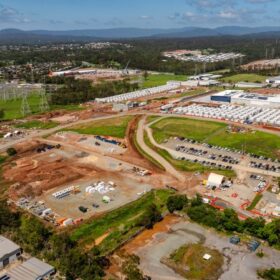Project NEO: 1 GW of green hydrogen baseload power for NSW
A massive project, which promises to transform baseload power in New South Wales, is finalizing planning, development studies, and offtake agreements. The initial target for Project NEO is to deliver 1000 MW of green hydrogen using solar, wind, and hydrogen fuel cells.
Amazon announces 105 MW solar farm in NSW
The e-commerce giant will add a second utility-scale PV project to its renewables portfolio in Australia as it seeks to offset its local carbon footprint.
Australian scientists claim breakthrough in perovskite stability
In a world-first, perovskite solar cells developed by Australian scientists have passed a series of heat and humidity tests using a low-cost solution to overcome some of the challenges that are hindering the technology’s commercialization. The scientists did this by suppressing the decomposition of the perovskite cells using a simple, low-cost polymer-glass blanket.
Tritium smooth another barrier to EV adoption with “Plug and Charge”
Homegrown fast-charging technology company Tritium has launched “Plug and Charge,” a seamlessly simultaneous way to charge your electric vehicle and pay for the pleasure.
Goldfields-Esperance gets its first community battery
Kalgoorlie-Boulder, in the Goldfields-Esperance region of Western Australia (WA), is set to receive the region’s first community battery. The WA Government-owned utility Western Power is looking to smooth out peak load periods by integrating the Tesla battery into the network.
Australia’s technology roadmap to lower emissions: Gas, CCS, coal and nuclear on the cards
A national Technology Investment Roadmap, which is intended to drive a successful shift to secure, more affordable energy and lower emissions, has flagged support for new gas investments, carbon capture and storage, and “emerging nuclear technologies”. The long-awaited document has prompted a flurry of reactions.
SMA to supply Australia’s biggest solar farm
The Western Downs solar farm will deploy German power electronics fabricated locally in Australia, with SMA announcing it has picked up a contract to supply the 400MWac development.
BayWa and GSES partner up to skill up the solar industry
Solar wholesaler BayWa r.e. is partnering with industry trainer Global Sustainable Energy Solutions (GSES) on training provision seeking to ameliorate a noticeable lack of quality control within the rapidly growing solar industry.
Independent MP Zali Steggall calls for Economic Recovery Roundtable
In the face of renewed political polarisation on the both Federal energy policy and Australia’s economic recovery from the impact of Covid-19, Warringah MP Zali Steggall has called for a Roundtable in which both public and private sector voices of the nation can better vet potential projects.
Morrison government to funnel climate funds into carbon capture and storage
As the fossil fuel industry applauds new legislative changes proposed by the Morrison government, which would pave the way for coal and gas projects to tap clean energy finance, environmental groups are shaking their heads in disbelief at the government’s lack of initiative to deliver a sensible climate policy. More than ever before, the fate of the Clean Energy Finance Corporation (CEFC) and the Australian Renewable Energy Agency (ARENA) is at stake.
